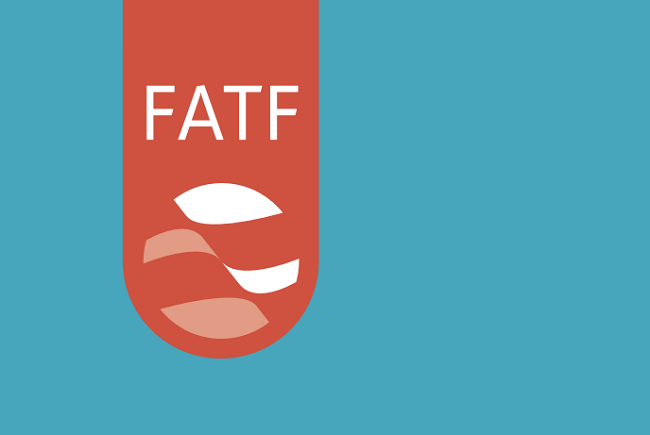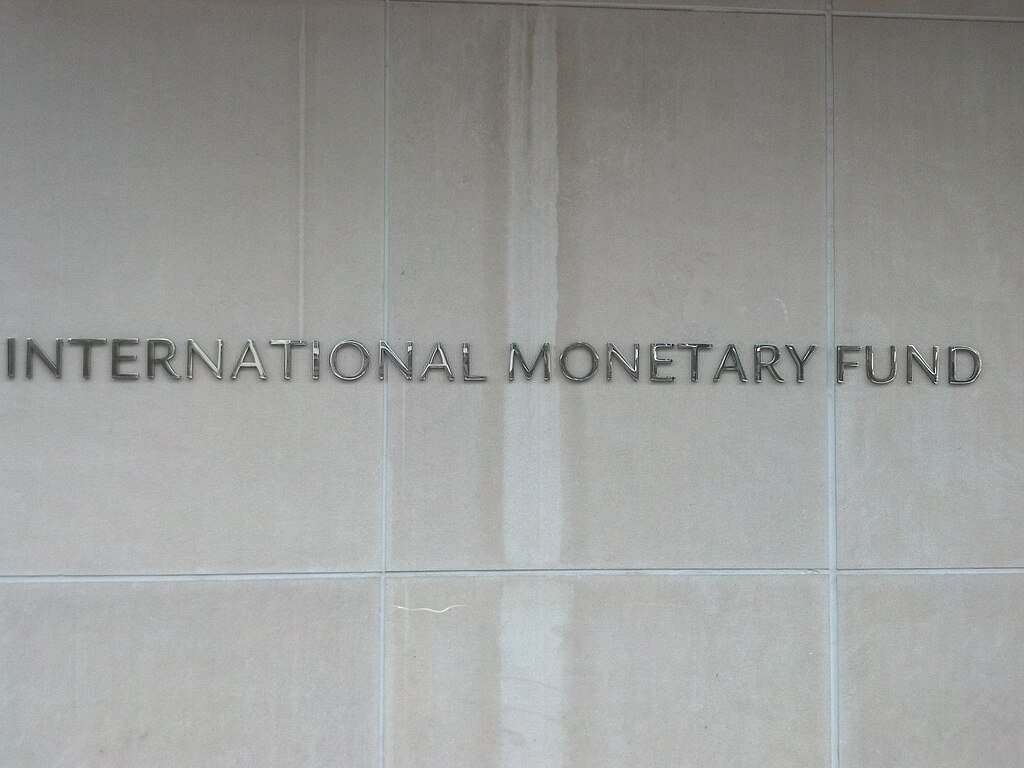The Financial Action Task Force (FATF) is seeking feedback from regulatory authorities, banks, virtual asset service providers (VASPs) and other regulated entities on its draft guidance on digital identity (ID) systems.
The FATF said that the draft guidance is intended to help governments, financial institutions and other relevant entities apply a risk-based approach to the use of digital ID for customer due diligence (CDD).
“This Guidance aims to help government agencies develop a clearer understanding of how digital ID systems work and to clarify how they can be used under the global AML/CFT standards,” the draft guidance said, adding that it is also relevant to private sector stakeholders, international organizations, non-governmental organizations (NGOs) and others involved in providing and using digital ID systems for financial services and humanitarian assistance.
The areas where the FATF is consulting with the private sector and authorities include money laundering/terrorist financing risks, role of digital ID systems in ongoing due diligence or transaction monitoring, facilitating financial inclusion, and the potential impact on implementing FATF’s record-keeping requirements, CoinDesk reported.
“Digital ID standards, technology and processes, have evolved to a point where digital ID systems are, or could soon be, available at scale,” the FATF said, underscoring multiple related technologies including biometrics and distributed ledger technologies, among others.
As such, the intergovernmental organization has called upon authorities to “develop clear guidelines or regulations allowing the appropriate, risk-based use of reliable, independent digital ID systems by entities regulated for AML/CFT purposes.”
It has also called for the application of appropriate digital ID assurance frameworks and technical standards, development of an integrated multi-stakeholder approach to understanding opportunities and risks relevant to digital ID, monitoring developments in the digital ID space and more.
The FATF released its crypto guidelines in June this year. The new policy obliges crypto asset providers to follow the usual procedures of traditional institutions in complying with AML/CFT requirements.


























Comment 0